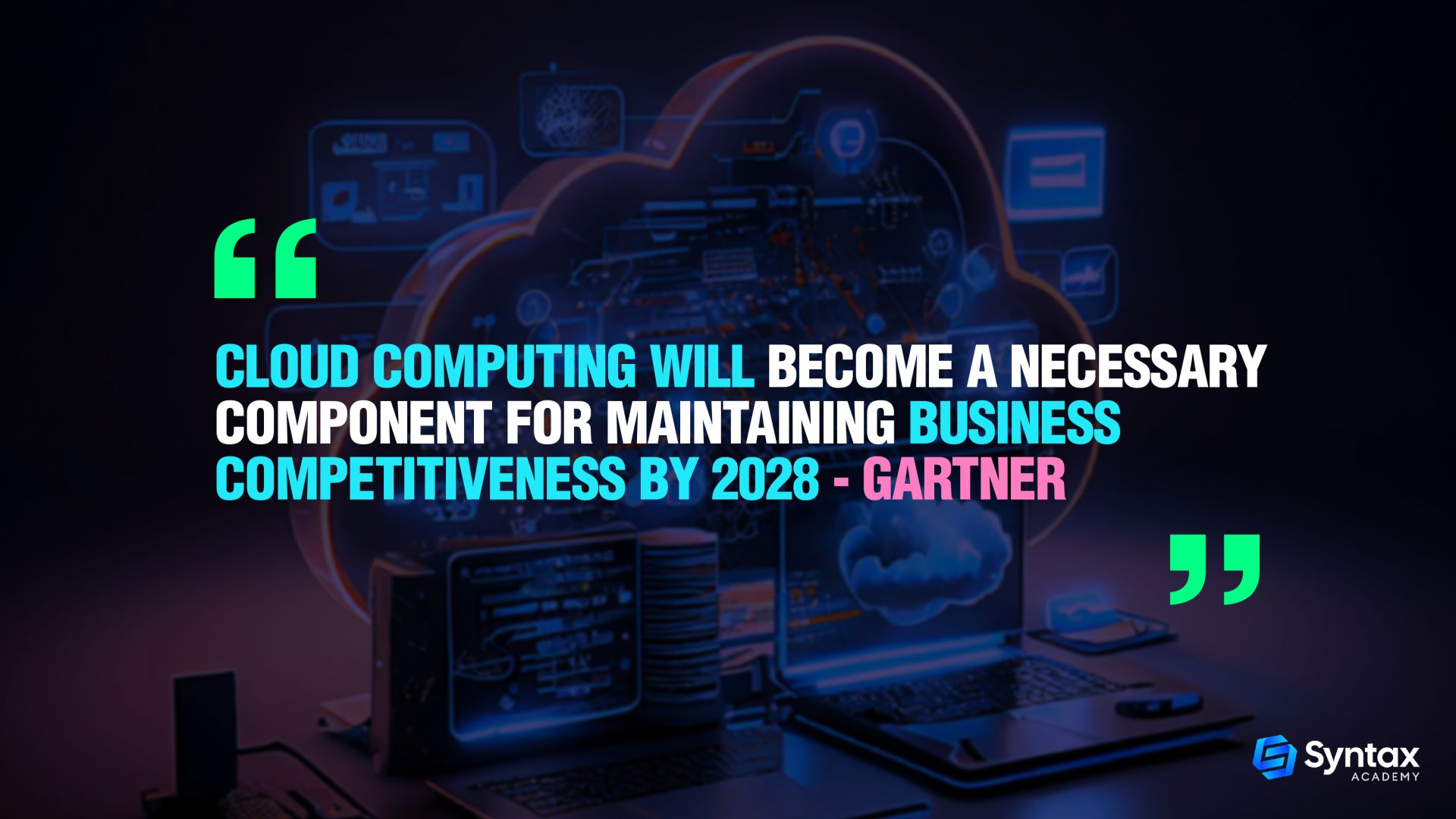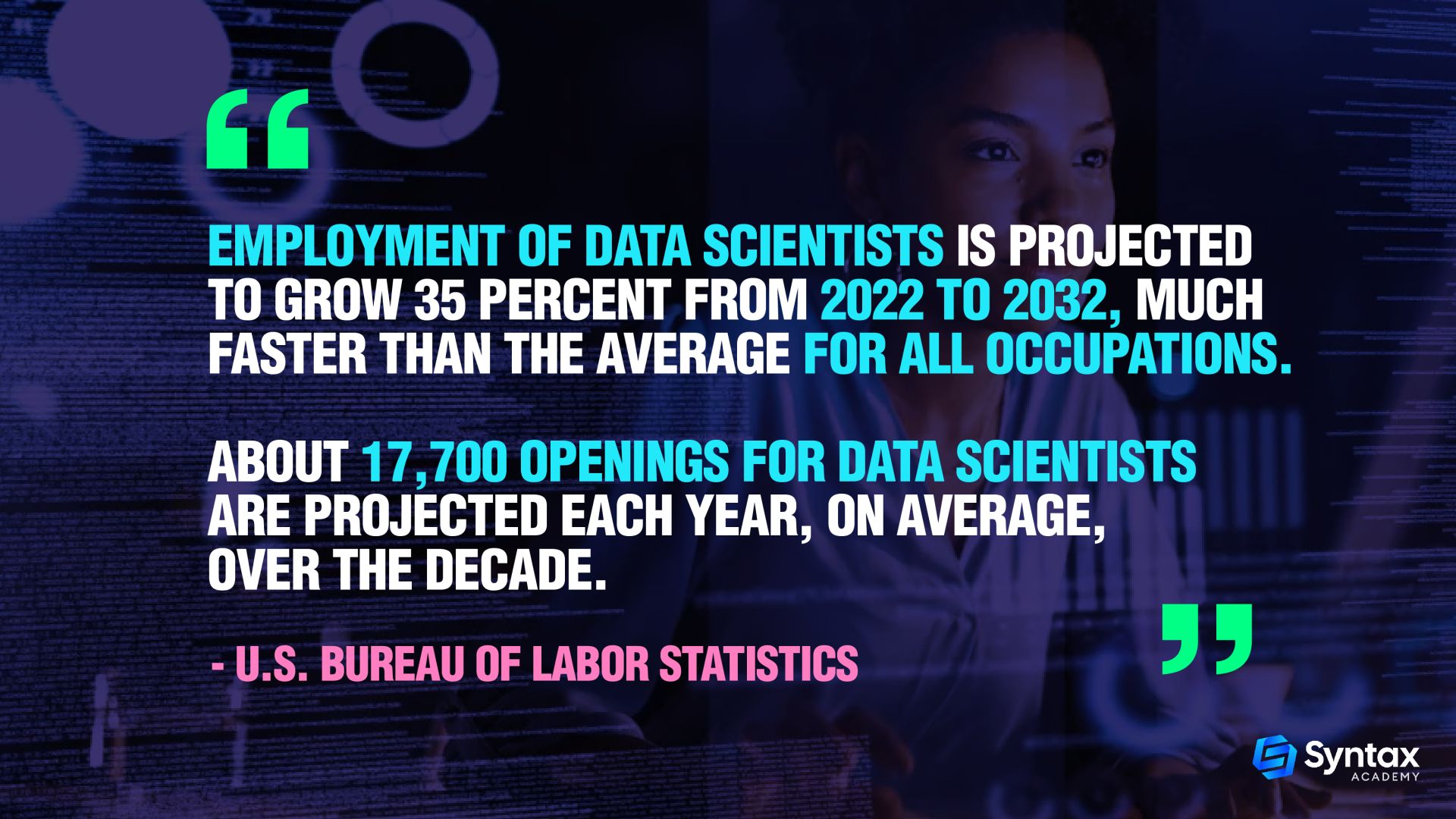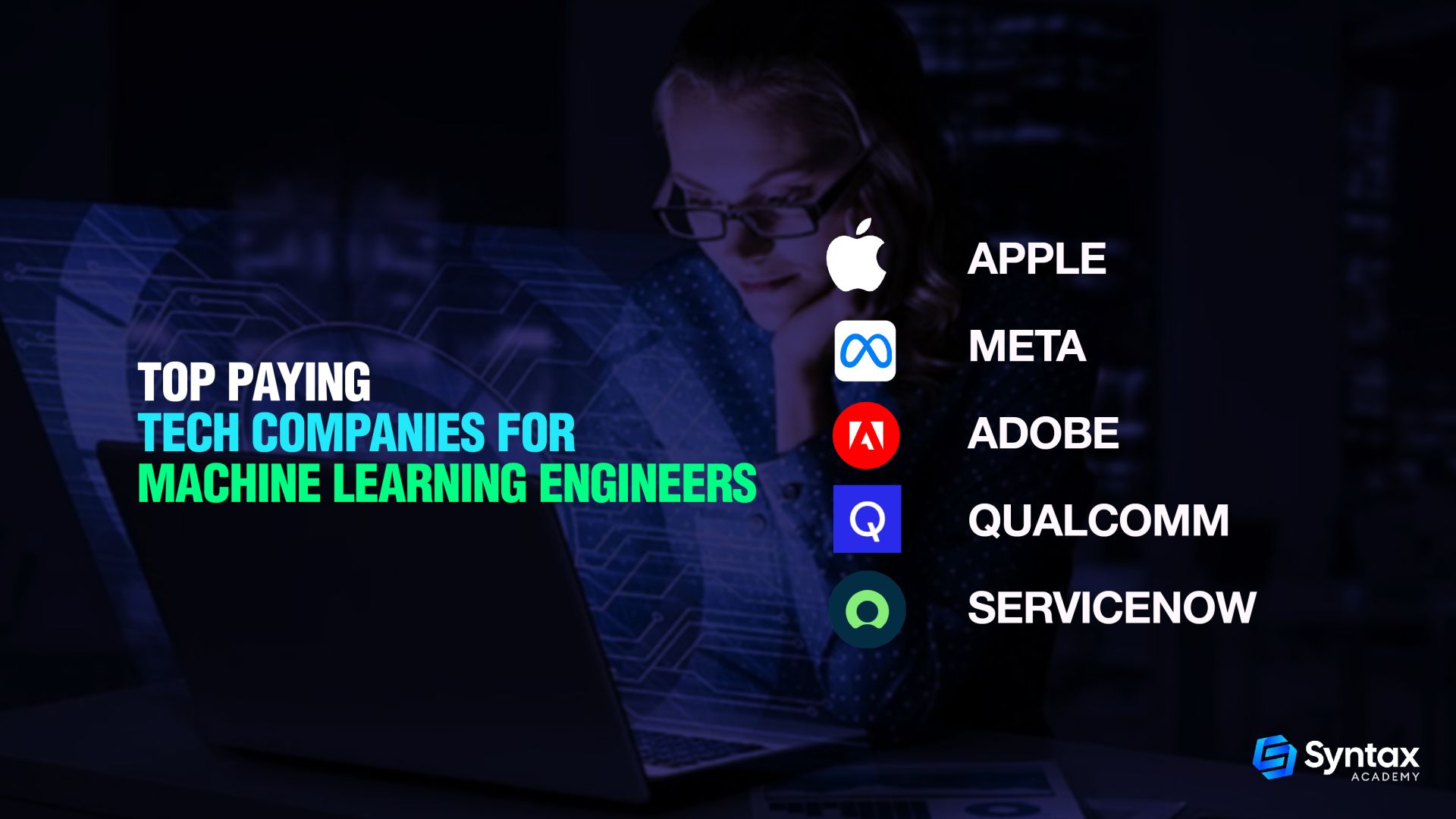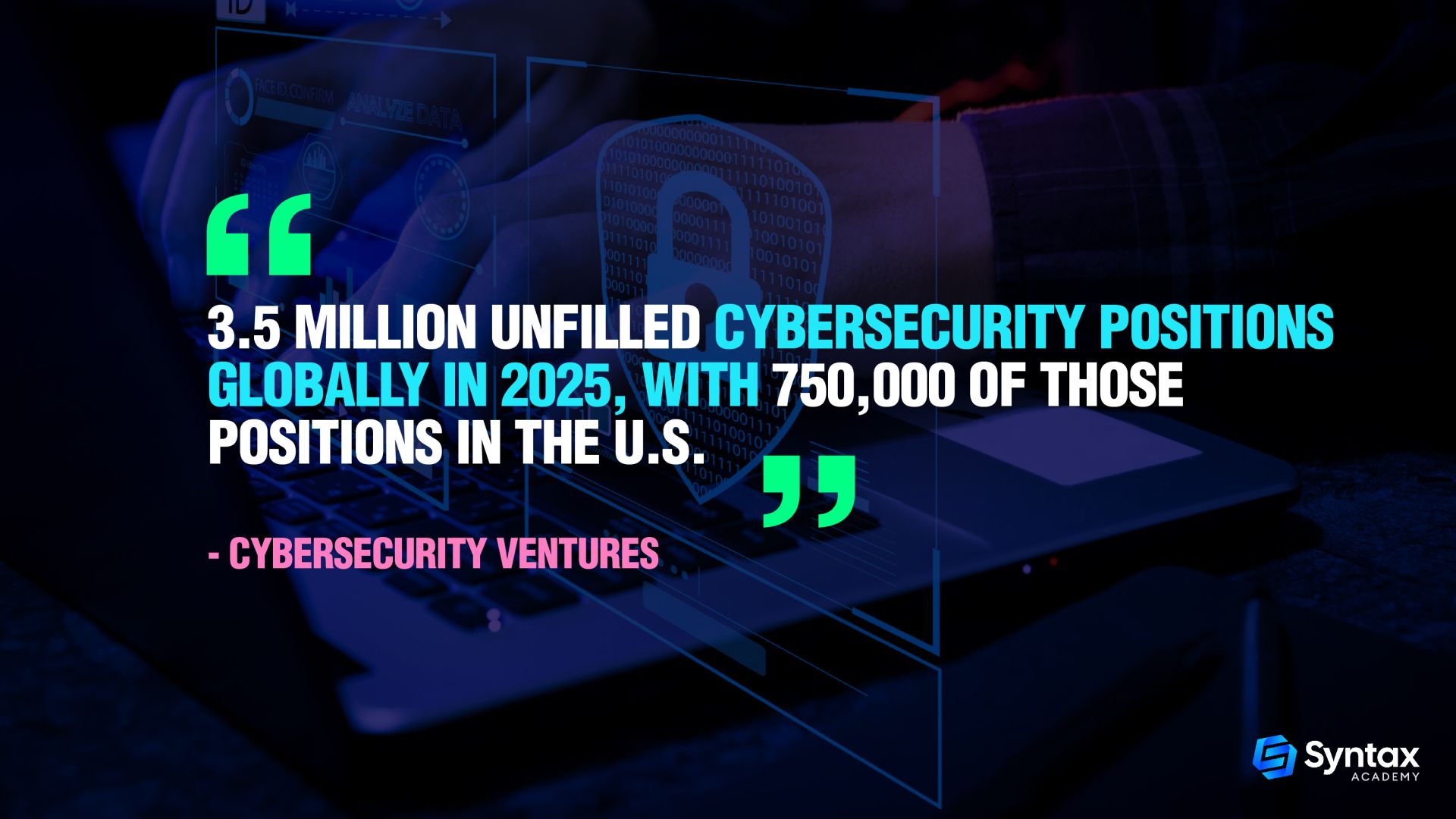Tech Careers of the Future: Emerging Roles in a Rapidly Evolving Industry

Table of Contents
-
1. Cloud Architect
-
2. Data Scientist
-
3. Machine Learning Engineer
-
4. AI Research Scientist
-
5. DevOps Engineer
-
6. Cyber Security Engineer
-
7. Conclusion
1. Cloud Architect
Think of a Cloud Architect as the mastermind behind an organization’s cloud strategy. They’re the ones figuring out how to get the company’s systems up and running in the cloud, making sure it’s all secure, efficient, and cost-effective. They are responsible for designing how data is stored to managing those big cloud platforms like AWS or Google Cloud.

The pay is pretty great—around $142,833 per year (according to Glassdoor). But more than that, this role is becoming super important as more companies move to the cloud.
- Design cloud systems that fit the company's needs.
- Make sure the cloud setup is safe and can grow as needed.
- Work with security teams to keep everything private.
- Manage the cloud infrastructure (think storage, servers, networking).
- Know your cloud platforms (AWS, Azure, Google Cloud).
- Networking and security are big deals here.
- Tools like Terraform and Docker will be your best friends.
A degree in Computer Science is a good start, and certifications like AWS Certified Solutions Architect can make a huge difference.
2. Data Scientist
If you love numbers and finding hidden patterns in data, this might be your thing. Data Scientists help companies make decisions by analyzing data, creating models, and finding insights that most people miss.
They’re pulling in about $114,967 a year (Glassdoor again). Plus, with so much data being created every day, this job is only going to grow in demand.

- They collect and clean massive amounts of data.
- Build machine learning models to predict outcomes.
- Work with data engineers to ensure everything flows smoothly.
- Programming in Python or R.
- You’ll need a good grasp of machine learning and statistics.
- Visualization tools like Tableau are key to presenting findings.
- A Master’s in Data Science or Statistics is ideal, and certifications can give you that extra edge.
3. Machine Learning Engineer
These people are the ones building the smart systems behind all the tech we love—think recommendation engines on Netflix or self-driving car software. If you’re fascinated by the idea of teaching machines to “learn,” this could be your dream job.

- A pretty salary of $164,442 a year (yes, Glassdoor again).
- Plus, machine learning is everywhere right now.
- They develop and tweak machine learning models.
- Train models on massive datasets.
- Implement algorithms and make sure they work well in real-world settings.
- Python and Java are big here.
- Familiarity with frameworks like TensorFlow and PyTorch.
- Knowing your way around cloud platforms helps.
- A degree in Computer Science, plus specialized courses in machine learning, will get you started.
4. AI Research Scientist
- These are the people pushing the boundaries of what AI can do.
- They’re the ones creating new algorithms and coming up with fresh ideas to solve complex problems in AI.
They’re making about $129,224 a year, and the demand for AI skills is just going up.
- Conducting cutting-edge research to advance AI.
- Publishing papers and collaborating with other researchers.
- Testing and refining AI theories through experiments.
- A deep understanding of machine learning and AI principles.
- Strong math and programming skills.
- Experience with research methodologies is a big plus.
- A Ph.D. is typically required, along with published research in the field.
5. DevOps Engineer
- They’re the ones making sure the software development process runs smoothly.
- By combining development and IT operations, they help companies release updates faster and with fewer hiccups.
Around $139,709 a year (Glassdoor). And with more companies adopting DevOps practices, these roles are in high demand.
- Automating software deployment.
- Managing cloud infrastructure.
- Creating CI/CD pipelines to make everything run like clockwork.
- Familiarity with Jenkins, GitLab, and other CI/CD tools.
- Infrastructure as code (Terraform) and scripting skills are essential.
- Knowing your way around Docker and Kubernetes is a huge plus.
- A degree in Computer Science and certifications like Kubernetes Administrator will help.
6. Cyber Security Engineer
- In today’s world, security is everything.
- These engineers are on the front lines, protecting companies from cyberattacks.
But more than the paycheck, they play a critical role in keeping companies safe.
- Create and enforce security policies.
- Respond to breaches and fix vulnerabilities.
- Monitor systems for suspicious activity.
- Security tools (Wireshark, Metasploit) and protocols.
- Strong understanding of encryption and forensic analysis.
- Familiarity with regulatory standards.
- Qualifications:
- A Cyber Security degree and certifications like CISSP are a great start.

9. Conclusion
The tech industry is evolving at lightning speed, and with it comes a bunch of new and exciting career opportunities. Whether you’re drawn to cloud computing, data science, or cybersecurity, there’s something for everyone in tech. The key is to stay curious, keep learning, and don’t be afraid to dive into something new.
And if you need help getting started, courses at Syntax Academy cover all the skills you’ll need to jump into these roles confidently.

Share with your community!
Related Article

Generative AI
Top 10 GenAI Tools in 2024
By: Martha James
Tired of doing the same repetitive tasks every day? Whether you're writing, designing, coding, or composing, it sometimes feels like there aren’t enough hours in the day to get it all done. That’s where Generative AI steps in. In 2024, the GenAI smart tools are changing the game, taking care of the heavy lifting so you can focus on what really matters—your creativity and big ideas.In this blog, we'll explore 10 GenAI tools that are helping people like you get more done, faster. From crafting detailed stories to designing visuals with ease, these tools are shaping the future of productivity.
Read More

e-commerce
Making Money with Amazon FBA: Tips and Strategies for Success
By: Martha James
Let’s talk about something that has opened up huge opportunities for people looking to make money online—Amazon FBA. If you’ve ever dreamed of starting your own business but felt overwhelmed by logistics like shipping and storage, this could be your ticket. Picture this: you focus on finding great products, and Amazon handles the rest—storage, packaging, and even shipping. Sounds like a dream, right? Well, it’s actually very doable, and I’m here to walk you through it.In this blog, we’ll dive into some practical tips and strategies I’ve learned (and seen others use) to get ahead in the Amazon FBA game.
Read More

BI & Analytics
Excel for Business Intelligence: Unlocking the Power of Data Analysis
By: Martha James
In today’s data-driven world, turning raw data into clear, actionable insights is a necessity for businesses. Microsoft Excel, often seen as just a spreadsheet tool, is actually much more. When used effectively, Excel becomes a powerful Business Intelligence tool, helping you make smarter, data-backed decisions.In this blog, we’ll explore how Excel can transform your data approach—from collection and cleaning to complex analysis and interactive dashboards—showcasing the key techniques and advanced features that make Excel indispensable for Business Intelligence.
Read More
Professionals from Industry Pioneers Choose
Syntax Academy for Skill Mastery
